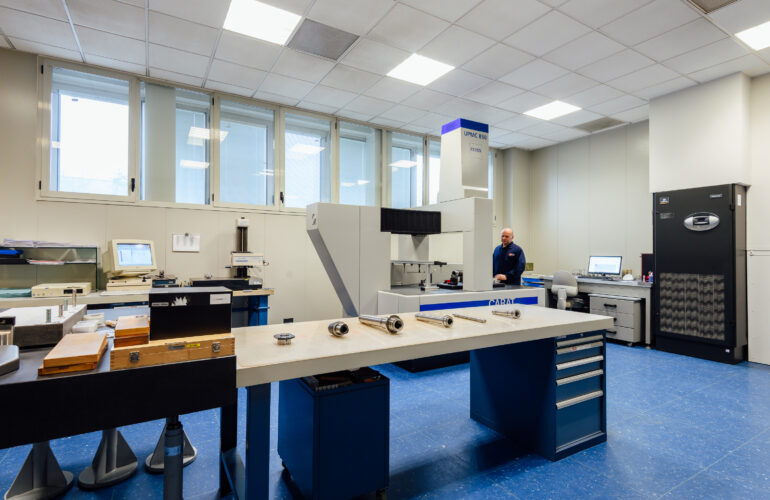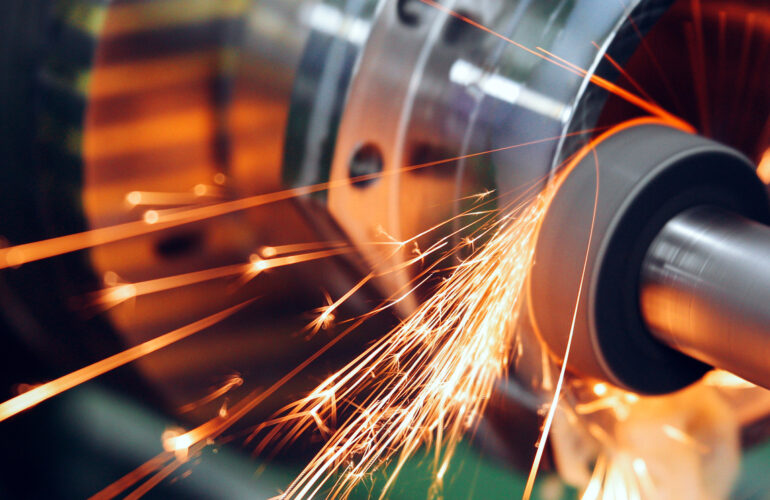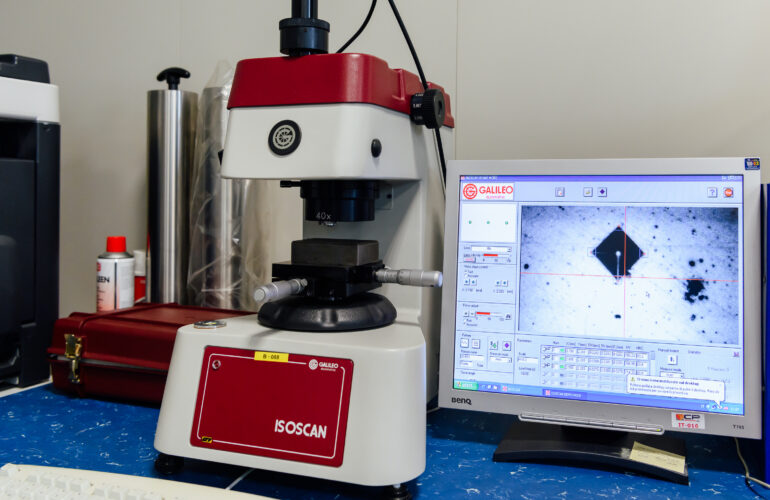Precisio Mechanic is a industry where quality and accuracy are paramount. In this context, the importance of training and qualification of personnel emerges as a fundamental pillar to maintain high standards in the production of critical components.
The crucial role of training
Personnel training is a strategic investment that pays off in the long run. A well-trained team not only performs specific tasks efficiently but also adapts to new technologies and methodologies, staying abreast of industry evolution.
- Technical specialization: precision mechanics requires specific skills. Targeted technical training enables workers to acquire specific skills, from machine programming to managing production processes.
- Continuous updates: given the rapid evolution of technologies, continuous training is essential. Update programs ensure that staff is always aware of the latest innovations and methodologies, contributing to maintaining high production standards.
- Workplace safety: safety training is a fundamental aspect. In an environment where sophisticated machinery is used to work on precision materials, awareness and safety training are indispensable.
Personnel qualification and standards of excellence
Personnel qualification is what translates training into practical competence. Certifications and official qualifications attest that staff has reached a specific standard of knowledge and competence.
- Industry certifications: specific industry certifications, such as those issued by accredited institutes, provide a valid measure of skills.
- Competence recognitions: awards and recognitions based on skills contribute to creating a work environment where excellence is encouraged and rewarded. Awards can serve as an incentive for staff to continuously engage in their professional growth.
- Mentorship and apprenticeship: mentorship and apprenticeship programs play a key role in transferring knowledge from experts to newcomers. These programs contribute to preserving best practices and ensuring a smooth transition of skills within the organization.
Tangible benefits of training and qualification
- Increased productivity: well-trained staff can tackle challenges more efficiently, reducing production times and improving overall productivity.
- Error reduction: competence reduces the likelihood of costly errors. Qualified personnel are more aware of critical details and can avoid mistakes that could compromise product quality.
- Continuous innovation: continuous training creates an environment where innovation is fostered. Qualified staff are more likely to contribute to improved processes and innovative solutions.
Training and qualification in the precision mechanics sector are crucial to maintaining high standards and addressing the challenges of an ever-evolving market. Investing in staff skills is not just a business advantage but also a necessity to thrive in a competitive industry that demands excellence in every detail.



